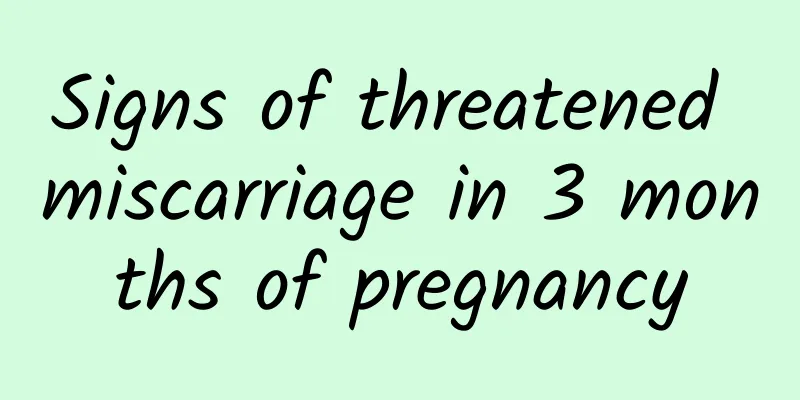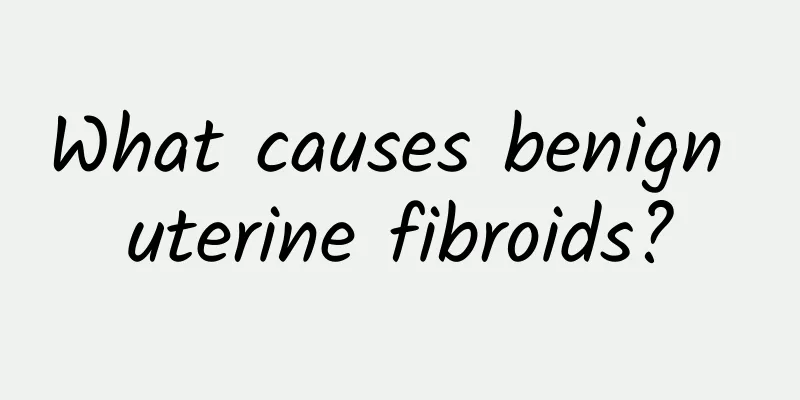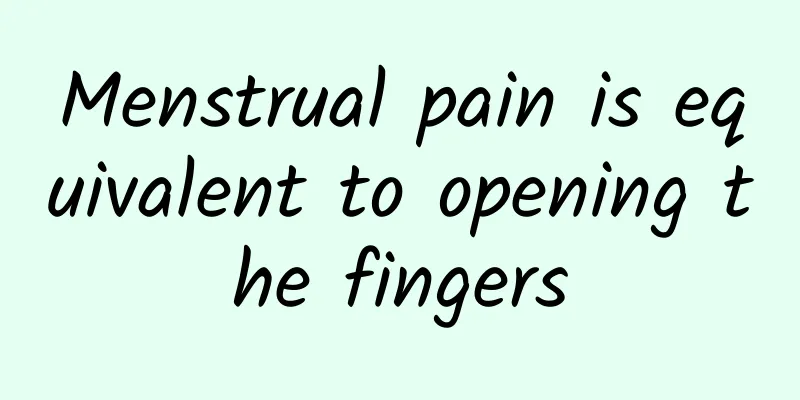Signs of threatened miscarriage in 3 months of pregnancy

|
The first three months of pregnancy are a critical time for pregnant women. Miscarriage is very likely to occur during this period. If there are signs of miscarriage in life, you must go to the hospital for appropriate examinations in time and do a good job of protecting the fetus. For example, vaginal bleeding is the most common sign of miscarriage. Abdominal pain, etc. are also common signs of miscarriage. Vaginal bleeding The most obvious symptom of threatened abortion is vaginal bleeding, and the amount of bleeding can be more or less. Depending on the time interval of bleeding, it may be continuous bleeding or irregular bleeding. If a pregnant woman has this situation, she should go to the hospital for examination and treatment in time. Pain If a woman has a threatened miscarriage, she may experience pain in the pelvis, abdomen, etc., which may last for several hours or even days. Vaginal blood clots If some light gray tissue fluid or dark blood clots are discharged from the pregnant woman's vagina, she should go to the hospital for examination in time to avoid miscarriage. Causes of threatened miscarriage Genetic factors If there are genetic problems such as abnormal chromosomes in a couple, this will cause mutations in the embryo itself and can easily lead to threatened miscarriage in pregnant women. In addition, even if the fetus is born full-term, it may lead to deformities or other unhealthy conditions in the fetus. Causes If the fetus does not get enough oxygen in the mother's body or suffers from some diseases such as amniotic fluid disease, placental virus infection, etc., it may cause threatened abortion. Environmental factors If the expectant mother is exposed to certain toxic and harmful chemicals for a long time during pregnancy, it may also cause threatened abortion, such as quinine, mercury, carbon monoxide, phosphorus, aluminum, benzene, etc. Inadequate nutrition for pregnant women When a woman first becomes pregnant, she will experience discomfort such as nausea and vomiting. If the situation is serious, it will lead to extreme nutritional deficiencies and an inability to provide nutrients to the embryo, which can easily lead to threatened abortion. If a woman has certain diseases during pregnancy, such as influenza, pneumonia and other infectious diseases, these bacteria and viruses will harm the embryo and cause fetal poisoning. If a woman has endocrine disorders, such as decreased thyroid and pituitary function, this will lead to uterine dysplasia, which will not provide a good growth and development environment for the embryo and may even harm the development of the embryo, which will cause threatened abortion. |
<<: What are the signs of miscarriage in three months of pregnancy?
>>: What are the signs of miscarriage?
Recommend
How is ovarian cyst classified clinically?
In life, ovarian cysts are a common gynecological...
Can I take evening primrose capsules during my menstrual period?
Evening primrose capsules have anti-aging and ski...
Prince Fit saves obese schoolchildren and increases nutrition by 20%
There is an increasing trend of fat children in C...
I took Chinese medicine for a month but my period still hasn't come.
I took Chinese medicine for a month but my period...
What is wrong with amenorrhea? What should I do?
What is wrong with amenorrhea? What should I do? ...
Can I eat Tremella and red dates after a miscarriage? Eat light food
Abortion usually causes great harm to women's...
What is hyperprolactinemia
What is hyperprolactinemia? I believe many people...
What are the early symptoms of endometrial tuberculosis?
Women's bodies are relatively fragile, and ma...
Can uterine curettage and abortion lead to adenomyosis?
Adenomyosis often occurs in women aged 30 to 50, ...
How to treat endometrial tuberculosis in hospital
What are the treatments for endometrial tuberculo...
How long does it take to get your period after a miscarriage?
How long does it take to get your period after a ...
It is very important for patients with pelvic inflammatory disease to get more rest
It is very important for patients with pelvic inf...
Why do I have my period twice a month?
Many women are confused and upset when they have ...
Experts introduce you to the examination and diagnosis methods of vaginitis
There are more and more patients with vaginitis i...
Charcoal fire causes cancer! The barbecue should be ventilated and stainless steel
Barbecuing during the Mid-Autumn Festival has bec...
![[Video version] Eating before exercise will not cause stomachache and help lose fat!](/upload/images/67dcf9040c826.webp)








